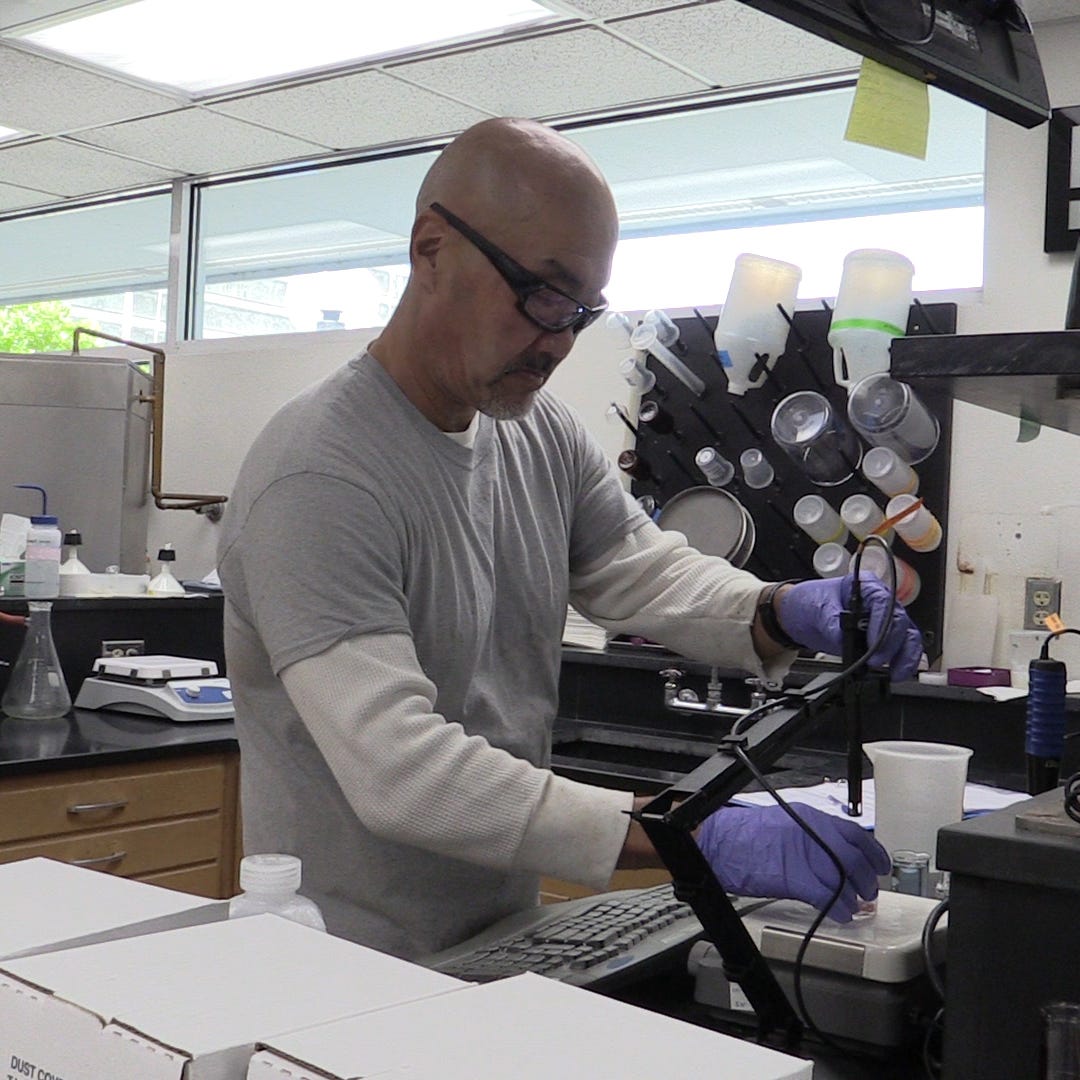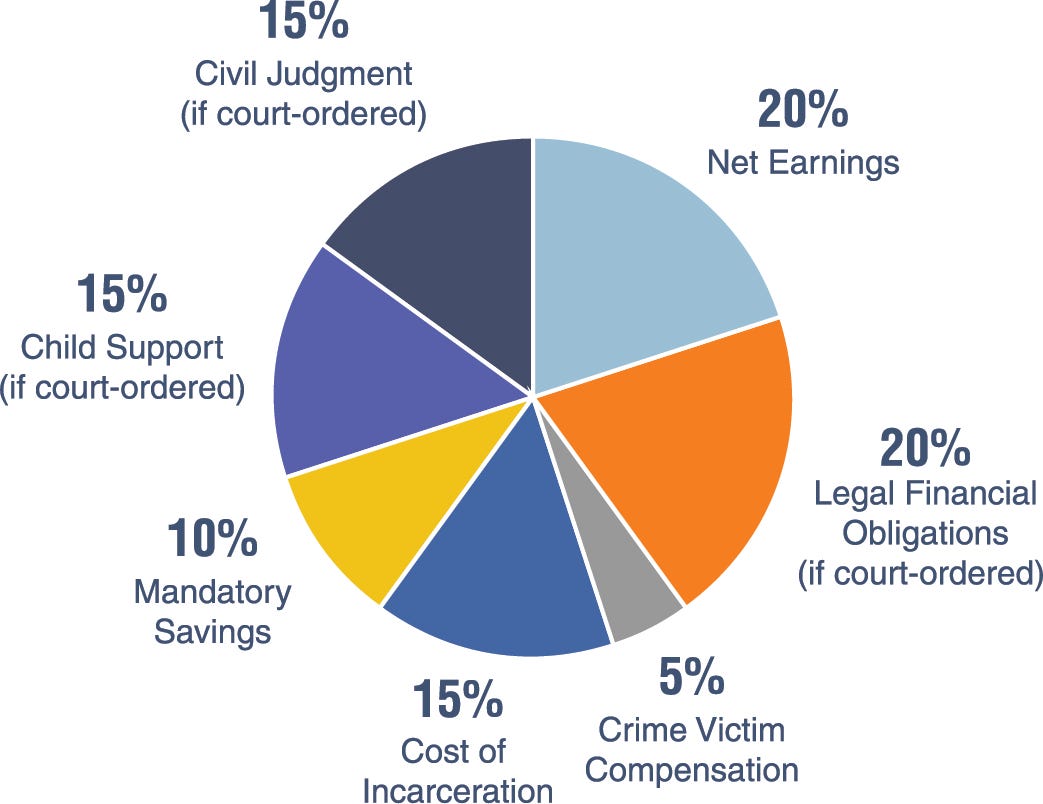- Category
Reentry


Stable employment is critical to a successful transition to the community and reintegration into society. The link between unemployment and crime is well established and it has been proven that incarcerated indivduals reentering the community are less likely to reoffend if they can overcome employment barriers. Research by Sampson and Laub (1993, 2003) emphasize the importance of social bonds in an individual's refrain from criminal activity. They explain the effect of employment on recidivism as a result of developing bonds to conventional norms that lead to attachment and commitment to conventional society, and lead individuals to desist from criminal activity.
Literature


Changing Lives
In an effort to improve public safety, the Washington State Department of Corrections provides incarcerated individuals with programs that reduce the likelihood they will commit new crimes post release. About 97% of Washington's incarcerated population will complete their sentences and release to the community, and without successful efforts to resolve their individual deficits, many will return to lives of crime. With the seed money from their savings, job skills and experience gained from CI, participants have a greater chance of finding a job — enabling them to work toward a better life for themselves, their families, and their communities. Purchases from CI lower the costs associated with operating the state's criminal justice system and provide incarcerated individuals with an opportunity to gain interpersonal and technical skills. Further, this work experience is documented on their resumes.
Paying Their Way
Correctional Industries' businesses produce quality goods and services while providing incarcerated individuals with job experience and wages. These work opportunities help to develop positive work ethics and provide particiapants the means to build a mandatory savings account, help support their families, pay court-ordered financial obligations, victim restitution, and their incarceration costs.


